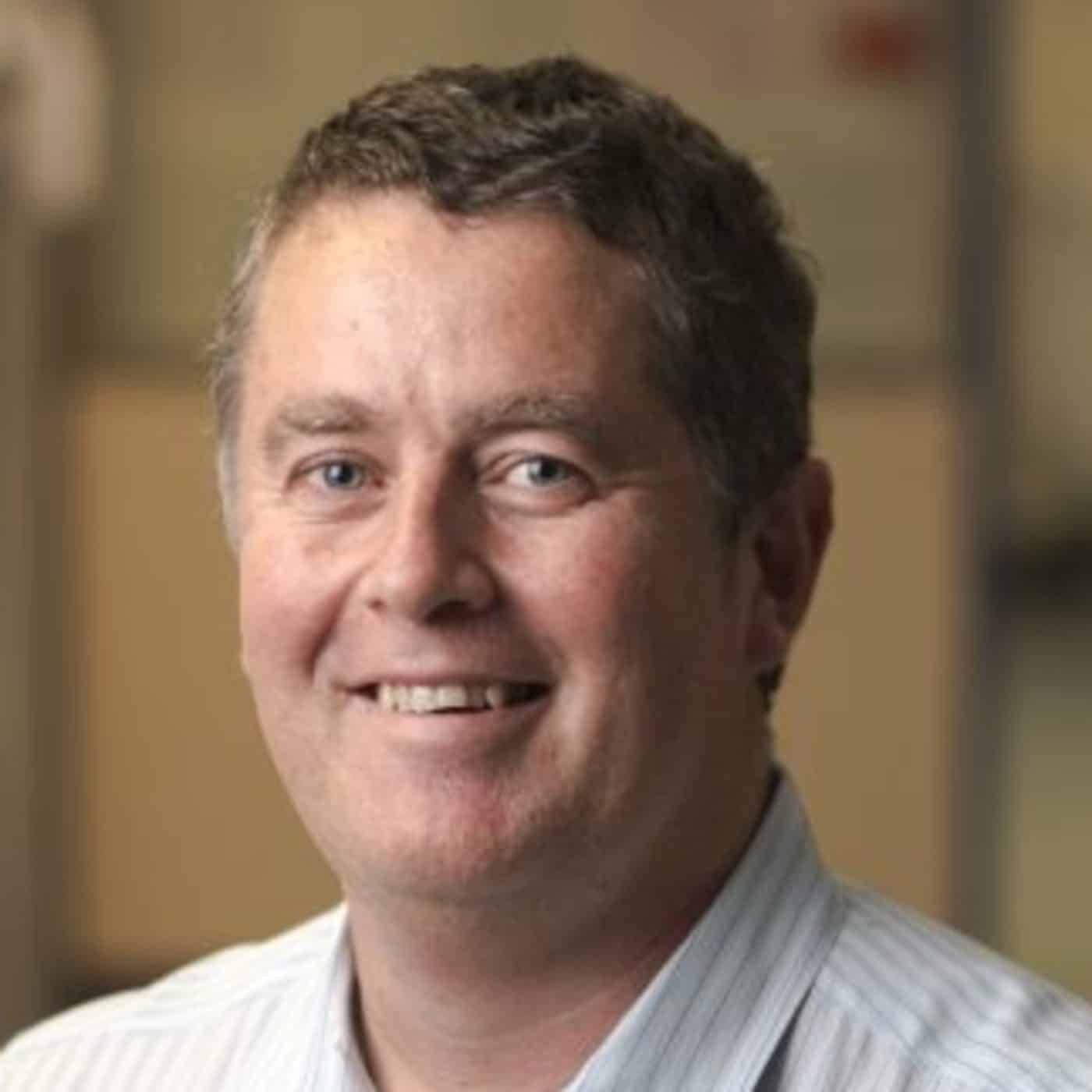Add-on Cannabidiol treatment for drug-resistant seizures in TSC
We would like to acknowledge and thank the 15+ families in Australia who participated in this study. Their brave volunteering and involvement over 2 years brings this treatment one step closer to being approved in Australia. No advances in medicine are achieved unless families participate in these trials. Our TSC community in Australia has a record to be proud of over the past decade. And, of course, we would also like to acknowledge the TSC clinic at Sydney Children’s Hospitals Network, Randwick and the adult epilepsy centres in Queensland and Victoria who participated in the trial.
About CBD
Cannabidiol (CBD) is approved as Epidyolex in Australia and it is approved for the treatment of Lennox-Gastaut syndrome and Dravet syndrome (2 epilepsy syndromes) in people aged two years and older. CBD is part of the marijuana plant Cannibis sativa but it does not have any of the psychoactive effects like euphoria.
Aim of this study
The aim of this study was to look at whether the addition of CBD to other epilepsy medications was successful in reducing the number of seizures associated with TSC.
About this study
This was a randomised clinical trial of 224 patients with TSC who were treated with CBD (25mg or 50mg/kg/day) versus placebo (inactive treatment ie ‘sugar pill’) for 16 weeks. To be eligible for the study, participants needed to have a definite diagnosis of TSC and medication-resistant epilepsy and be currently taking at least 1 antiepileptic medication.
This was an international trial that included 24 participants from Australia. The patients included in the study had frequent and highly treatment-resistant seizures and CBD was on average, their eighth attempted medication. Participants ranged in age from 1 to 56 years old. The median age of participants was 11.4 years.
Outcomes of the study
Both dosages of CBD were effective in reducing TSC associated seizures. There was a 49% reduction in the 25mg/kg/day (CBD25) group and a 48% reduction in the 50mg/kg/day (CBD50) group. There was also a 27% reduction in seizures in the placebo group. There were less adverse effects associated with the CBD25 dose. Eighty eight percent of the reported adverse events were mild or moderate with the most common being diarrhoea, somnolence (drowsiness) and decreased appetite. There was an increase in liver enzymes in 18.9% of patients taking CBD (12% in the CBD25 and 26% in the CBD50), ie, this is seen more in those taking the higher dosage.
In summary, the good news is that both CBD doses were effective in reducing TSC associated seizures, with CBD25 having a better safety profile than CBD50.
For more information on TSC and epilepsy visit https://tsa.org.au/information/epilepsy/
Thiele, E. A., Bebin, E. M., Bhathal, H., Jansen, F. E., Kotulska, K., Lawson, J. A., … & GWPCARE6 Study Group. (2020). Add-On Cannabidiol Treatment for Drug-Resistant Seizures in Tuberous Sclerosis Complex: A Placebo-Controlled Randomized Clinical Trial. JAMA neurology (2020).
Full paper available at: jamanetwork.com/journals/jamaneurology/fullarticle/2774314
DISCLAIMER
This information is intended to provide some insights into recent TSC-related research. It is not intended to, and it should not, constitute medical or other advice. Readers are warned not to take any action without first seeking medical advice.

